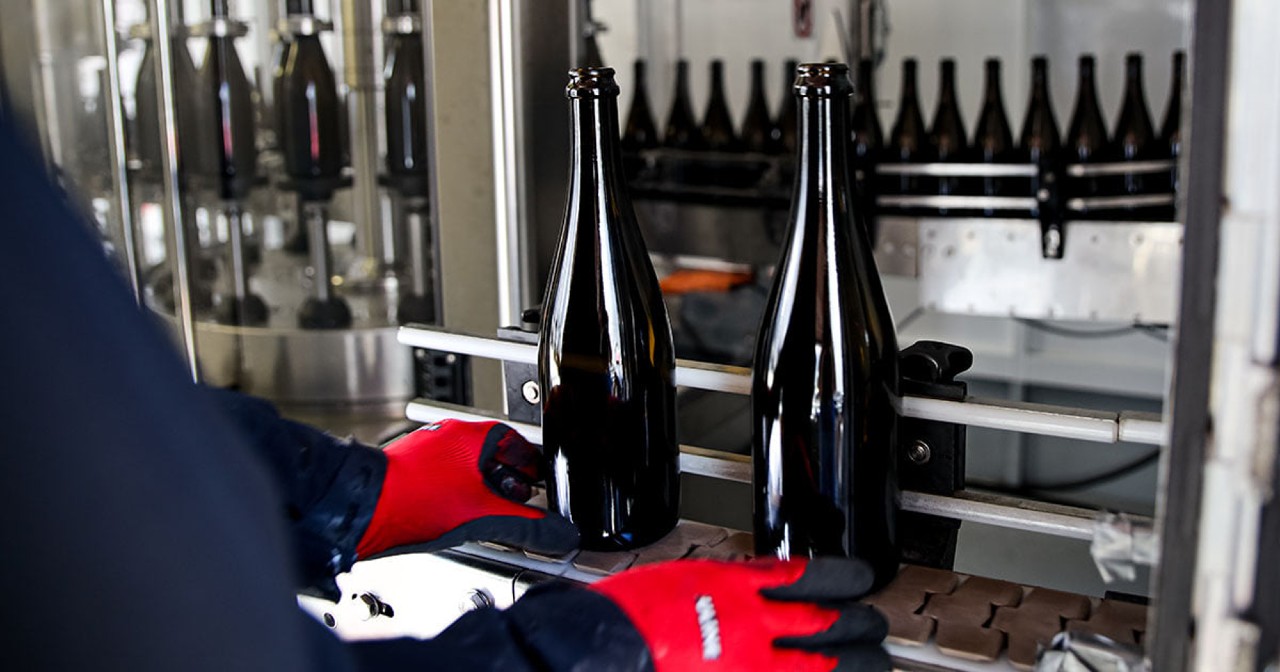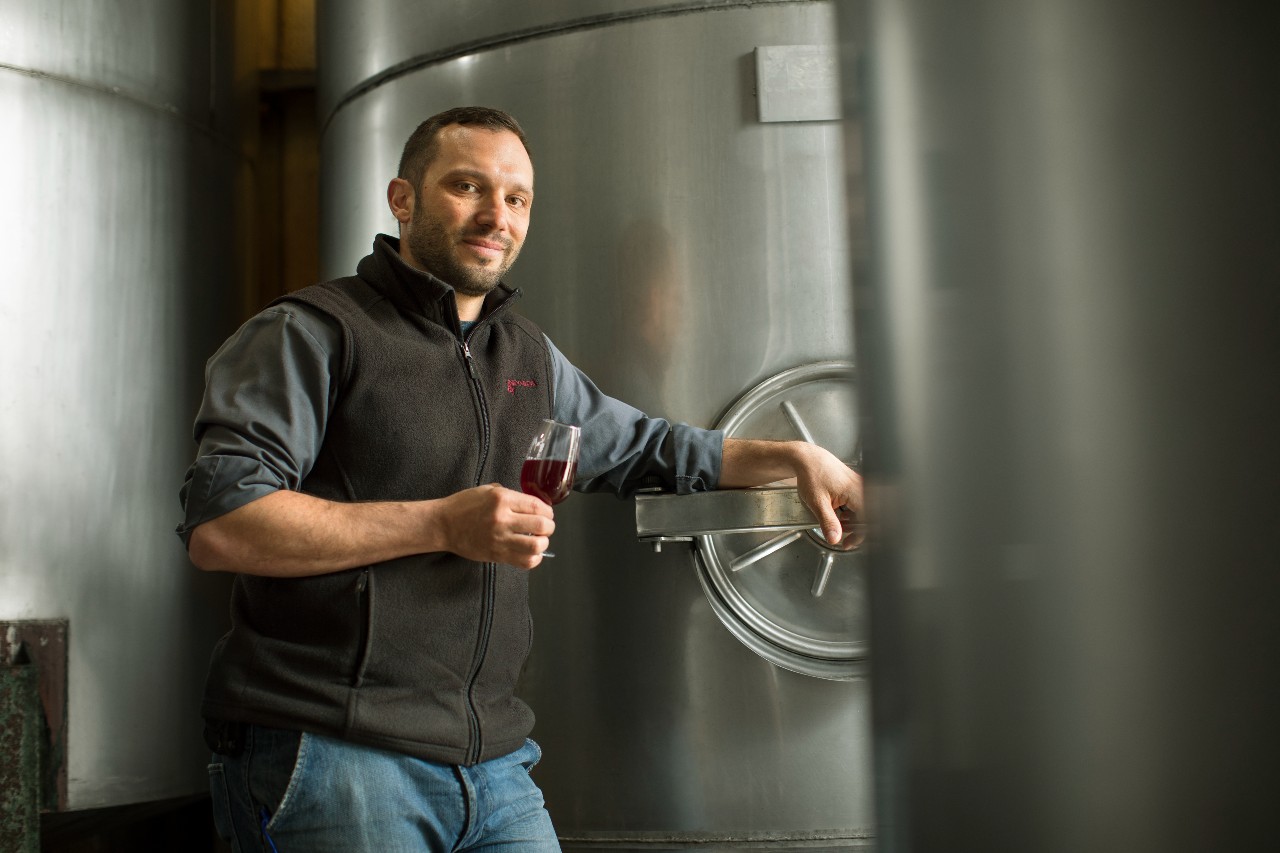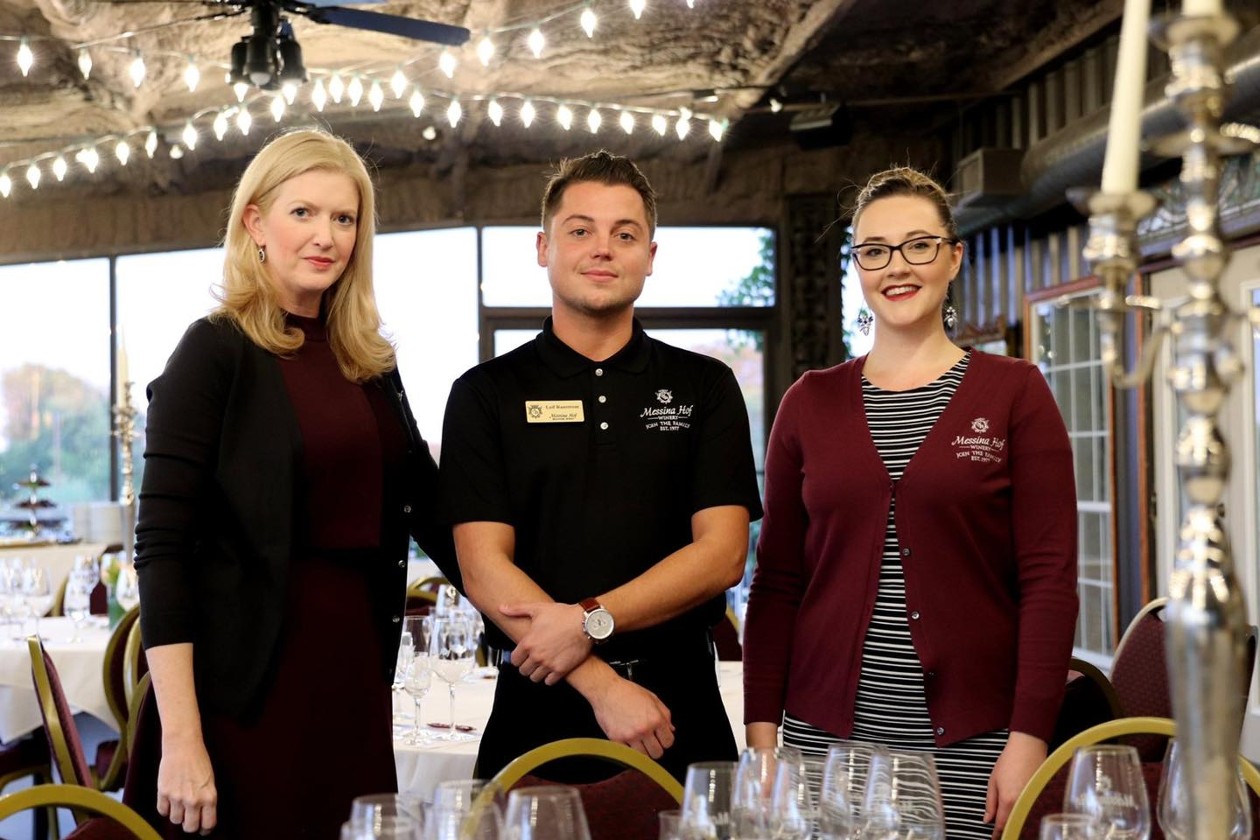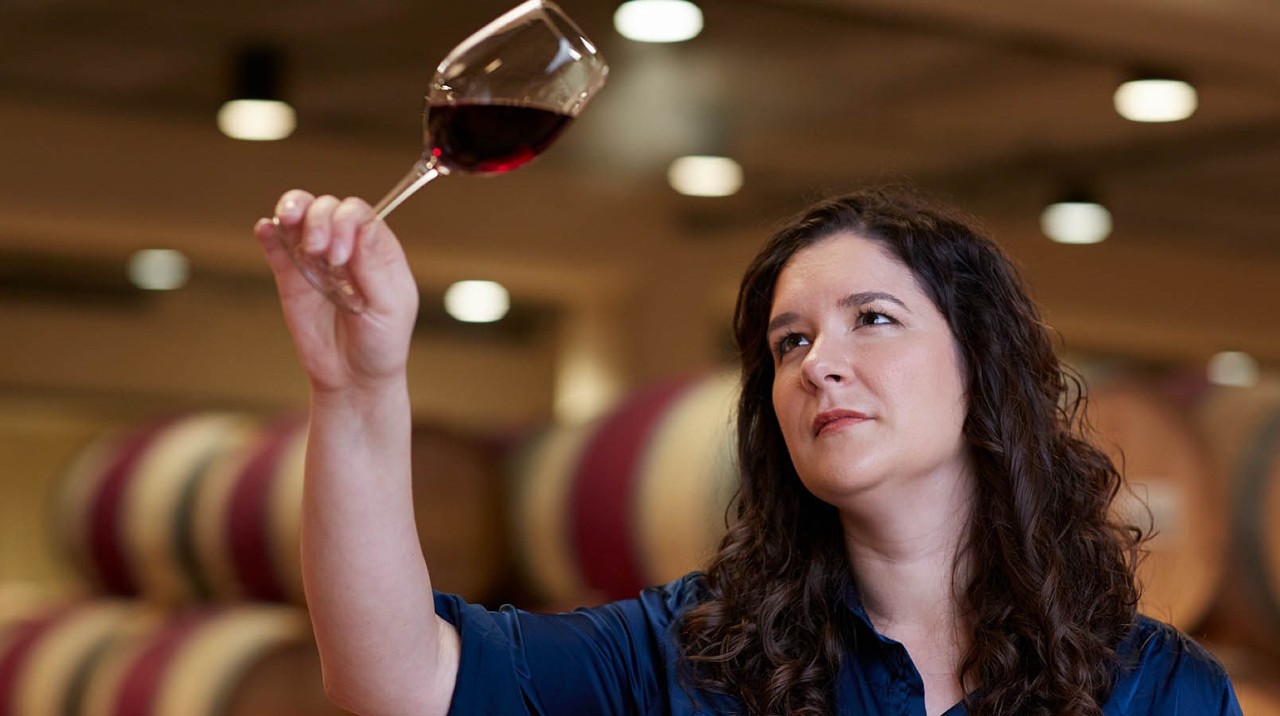Limerick Lane Cellars, a Sonoma County estate winery, launched a new brand in sustainable aluminum 500 ml bottles this summer, a departure from the 12 oz cans that have been taking over the market the past couple of years.
Jake Bilbro was the mastermind behind the idea, a fourth generation winemaker for Limerick Lane and founder of Revelshine.
“I have been in vineyards and wine raising since the day I was born,” Bilbro said. “It is what I love and what I know and what I do, but I would say that my wife and I, our real passion is the outdoors … and there seems to be a real divide between how to get great wine into those environments because glass doesn’t work, and that has been a challenge that I’ve been trying to solve for years.”
Thus Revelshine was born in a Rosé, a Red and a White wine, packaged in a thick-walled aluminum two thirds the size of a standard 750 ml bottle, but bigger than the single serving wine in cans. While a can will break if dropped on rocks while hiking or could pop a boat while rafting, the thicker aluminum bottle was ideal for Bilbro’s purposes.
“The canned wine segment has really evolved, but that was really circumstantial. And quite honestly, not what we were trying to do at the time, nor do I think that what we’re doing really aligns with that,” Bilbro said. He added that he wasn’t looking to make single-serving wines, but instead premium wines that should be poured, but put in a travel-friendly package to go places where glass can’t go.
Revelshine wines have a screw-on lid, so that the recyclable bottles can be saved for later as well.
“While we’re looking to make really premium wine to be consumed in an outdoor environment, we’re not looking to make wine to lay down for 5, 10, 20 years,” Bilbro said. “We really work to make sure the wine is quality but also approachable and ready to drink so that when you twist the top and pour it into a Yeti or some other glass, it is ready to be consumed.”
Bilbro wanted to make a wine with the purpose of being poured, instead of consumed from a can because he believes the experience of drinking wine is just as important.
“I want to engage in the culture of the enjoyment of wine … you can smell it and you can taste it,” he said, “and if you’re drinking out of a — for lack of a better term — a Red Bull can, you can’t smell it and it’s not really engaging in that premium wine experience.”








Be the first to comment